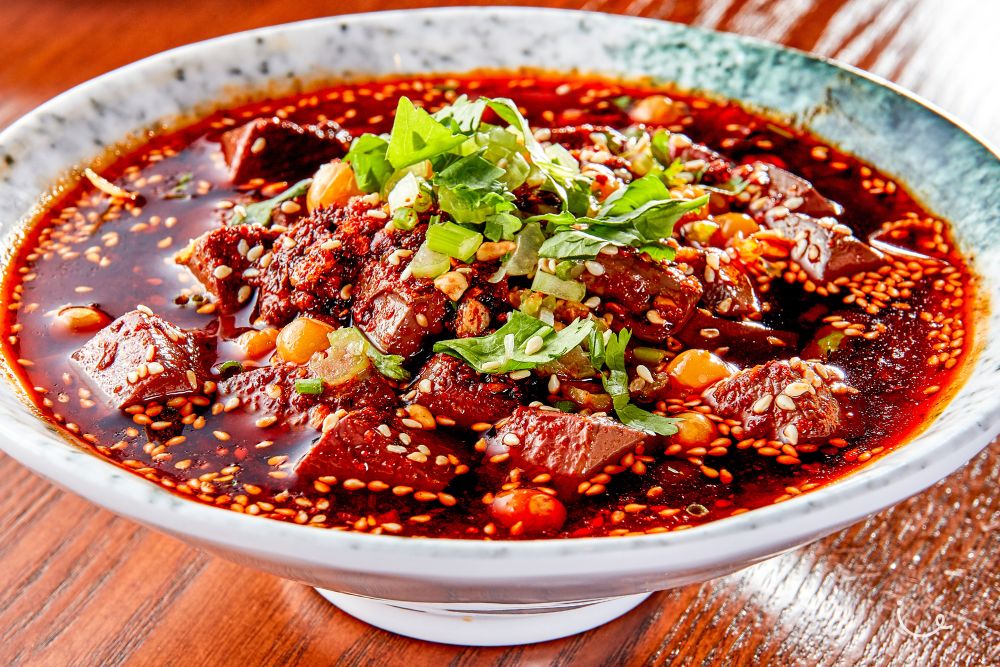Terence Lim, 64, first realised that his stomach couldn’t properly digest instant noodles when he was around 50 years old. He suffered from indigestion for at least six hours after eating them and also sometimes got acid reflux. He has developed a food intolerance.
For a few years after the discovery, he was still able to enjoy this much-loved dish after a process of elimination determined which brands and types of instant noodles his stomach could tolerate – down to what type of flour was used, the level of saturated fats it contained, even where it was manufactured. However, even that isn’t possible for him now.
Phoebe Lam developed a lactose intolerance in her late 50s. She initially handled it by taking lactaid tablets, which contain lactase enzymes that make dairy easier to digest. At the age of 65, the tablets stopped working and she’d get diarrhoea almost instantly after consuming food or drinks with lactose.
These stories are not unique. Getting reactions to foods you never had before is quite common as we get older. However, while we might think of these as food allergies, they are actually food intolerances.
Dr John Mok Shao Rong, consultant, division of gastroenterology and hepatology, department of medicine, National University Hospital (NUH) and Alexandra Hospital (AH), reveals that acquired food allergy in the elderly is not common in our population. Food intolerance, however, is more commonly seen and the most common trigger is lactose.
Jaclyn reveals that foods we tend to get more sensitive or develop intolerances to as we age are crustaceans, fish, peanuts, tree nuts, soy, wheat, dairy, as well as some fruits and vegetables.
And, if you find that you can’t digest spicy food well anymore, this is because our digestive system gets less tolerant as we age. Stress and some medications can increase the sensitivity to spicy food that contains capsaicin, which is an irritant for the gut, says Jaclyn.
Dr Mok explains that the types of food that trigger symptoms of indigestion, such as bloating, differ from person to person. Some common foods that cause these symptoms are oily food, deep-fried food, spicy food, caffeine, carbonated drinks and alcohol.
Women may also develop food sensitivities throughout menopause as hormonal changes can trigger issues of gut permeability, gut motility and changes in the gut microbiome.
Eating certain foods could also lead to heartburn and Dr Mok says that foods that are high in oil and fats are usually the culprits. Other commonly reported triggers include spicy foods and carbonated drinks.
You might reach for instant cures when you’re suffering from heartburn but Dr Mok says there have been no major clinical studies to prove the effectiveness of fruit salt (such as ENO fruit salt) for heartburn. Antacids are effective medicines and many are available over the counter.
If you’re having adverse reactions to any foods, Jaclyn advises to eat possible trigger food in small doses such that your gut does not have to ‘work too hard’ to digest it. That can help to lessen the impact.
This is known as oral allergy syndrome or pollen-food allergy syndrome. The proteins responsible for both of them are similar, leading your immune system to react similarly – swelling in your throat, mouth and tongue and an itchy mouth. Citrus fruits, kiwis, melons, bananas, tomatoes and tree nuts are some fruits and vegetables that you can develop an allergy to later in life.
Our digestive system gets less tolerant as we age and food intolerances such as lactose, gluten and seafood allergies can develop. You can take lactase supplements to counter the effects of lactose intolerance.
It’s usually made from wheat flour, water, salt and eggs. The gluten found in wheat flour can trigger a food intolerance. Compare this with kway teow, which is gluten-free.
While it is gluten-free, it’s starchy and has a gelatinous texture that makes it harder to digest for some individuals – and this can be confused with an intolerance. A rice allergy is possible but it is extremely rare. Try eating a quarter portion of your glutinous rice dish, wait and observe, instead of the whole portion at one time.
Uric acid is the by-product of purines that are found in these foods. The kidneys are responsible for removing uric acid in our body via urine. As we age, our kidney functions can slow down, leading to higher uric acid levels in the body, giving rise to gout attacks. These are not intolerances per se, because there are no IgE or IgG antibodies being produced.
As with most issues we might face as we get older, knowing how to handle our food intolerances and sensitivities will lead to a better quality of life.













